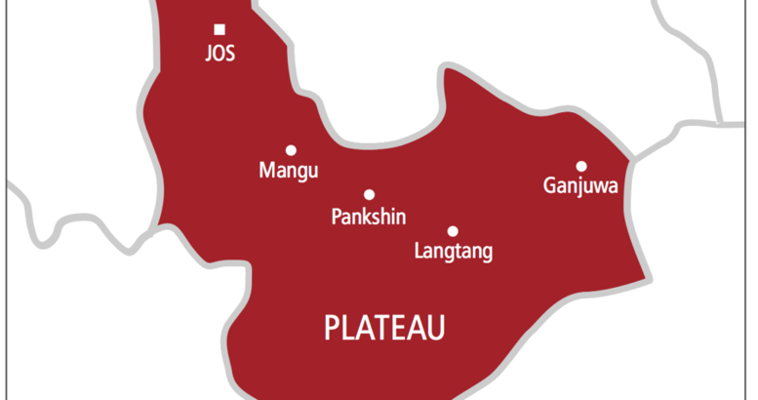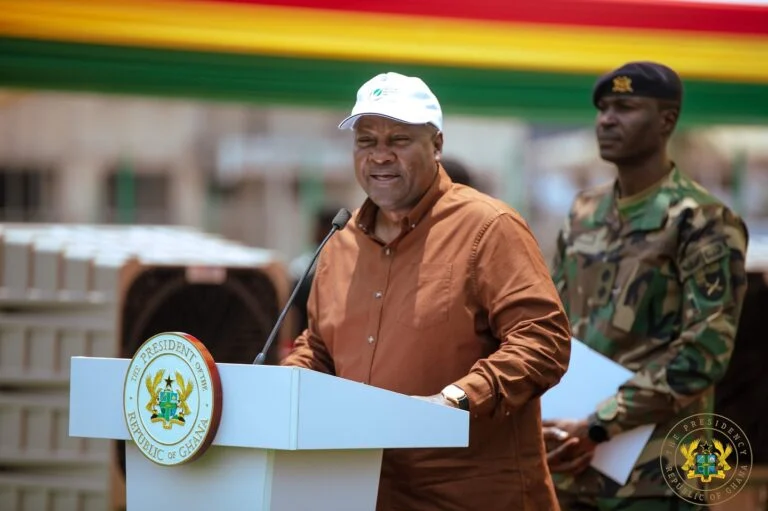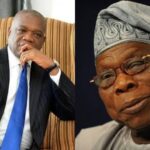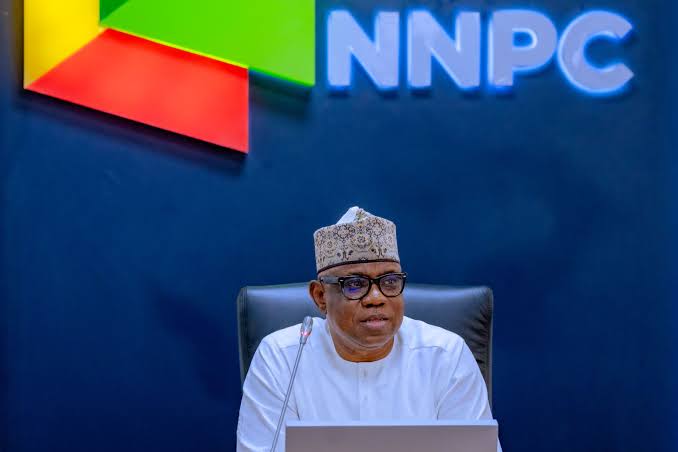Accountability and Policy Monitoring: Tinubu Is Doing the Talk
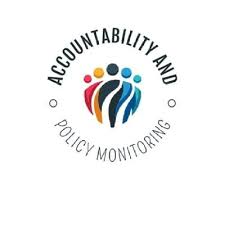
By Bamidele Atoyebi
In many African democracies, political accountability often ends rhetoric. Elected leaders promise transparency, integrity, and reforms, yet when confronted with scandals, they tend to defend the indefensible.
Nigeria, however, appears to be rewriting that script under the administration of President Bola Ahmed Tinubu.
Since assuming office in May 2023, President Tinubu has made it clear that misconduct in public service will not be tolerated.
Unlike the era when political office holders could weather scandals and remain comfortably in power, the present government has allowed no room for impunity.
The president’s actions have begun to enforce a culture of consequence in governance.
A clear example emerged just yesterday, October 7th with the resignation of Geoffrey Uche Nnaji, Minister of Innovation, Science and Technology. His exit followed public outrage over alleged irregularities in his academic credentials.
Though the official explanation described his departure as voluntary, the timing and circumstances reflected the Tinubu administration’s firm position on ethics in public office.
This event adds to a growing list of cases where public officials have been compelled to step aside after their integrity came under question.
Earlier in the administration, Dr. Betta Edu, Minister of Humanitarian Affairs and Poverty Alleviation, was suspended in January 2024 following revelations that ₦585 million of ministry funds had been transferred into a private account.
The president’s swift directive for her suspension, followed by her eventual removal during the October 2024 cabinet reshuffle, sent a clear message that even close allies are not immune to disciplinary action.
Similarly, Godwin Emefiele, the former Governor of the Central Bank of Nigeria, faced suspension and prosecution over allegations of financial misconduct and abuse of office.
His removal demonstrated the president’s readiness to subject top government figures to the rule of law, an approach rarely seen in Nigeria’s political history.
In 2024, Tinubu also ordered leadership changes within the nation’s intelligence and security agencies, following public criticism of performance lapses and administrative irregularities.
Another example is Ajuri Ngelale, who served as the President’s Special Adviser on Media and Publicity, as well as the Special Presidential Envoy on Climate Action. In September 2024, Ngelale announced an indefinite leave of absence to attend to family health matters. However, credible media reports indicated that his exit came after internal conflicts and performance-related concerns.
Regardless of the underlying cause, his quiet departure rather than a public standoff aligns with the administration’s preference for discipline over drama, a contrast to what Nigerians were accustomed to in previous governments.
For the first time in decades, Nigeria’s political climate is witnessing something unusual. Senior government officials voluntarily resign or are being compelled to do so when embroiled in controversy.
In the past, such figures would cling to power, deflect blame, and deploy political influence to silence critics.
The current trend indicates a deliberate shift in governance ethics, one that prioritizes reputation, integrity, and public confidence over personal loyalty or political convenience.
This culture of accountability aligns with President Tinubu’s early commitment to restore discipline in public institutions.
It also reveals the crucial role of monitoring and enforcement mechanisms in sustaining reforms.
While critics may argue that some of these actions are politically motivated, the pattern suggests a consistent principle, one where allegations of misconduct trigger prompt administrative response, rather than endless denial or cover-up.
Nigeria’s journey toward full transparency is far from complete, but the signs are promising.
By allowing public scrutiny to influence official accountability, the Tinubu administration is gradually institutionalizing a governance model where every appointee understands that misconduct has consequences.
This evolving standard not only enhances Nigeria’s global image but also inspires renewed faith among citizens who have long demanded a cleaner government.
As an organization committed to promoting integrity in public service, we recognize this administration’s ongoing efforts to match its words with action. Accountability is no longer a slogan, it is becoming a system.
To sustain this progress, Nigeria must strengthen its monitoring frameworks, protect whistleblowers, and ensure that every resignation or dismissal translates into due process and justice.
Corruption is not just a moral issue; it is a matter of national development. The more a country advances, the more its citizens demand transparency, and the less room there is for impunity.
As systems strengthen and institutions mature, contract frauds diminish, police extortion declines, and governance becomes more responsive.
Gone are the days when we would hear tales of missing funds swallowed by “snakes,” or when public recruitment exercises would end in tragedy with no accountability.
Those were times when office holders under investigation could simply collapse in front of law enforcement agencies, and that would mark the end of the inquiry.
President Tinubu’s example has proven that leadership by enforcement, not just by speech, is possible.
By “doing the talk,” his administration is setting a standard that future governments will find difficult to reverse. And that, in itself, is the foundation of lasting reform.
Bamidele Atoyebi is the Convenor of BAT Ideological Group, National Coordinator of Accountability and Policy monitoring and a publisher at Unfiltered and Mining Reporting


